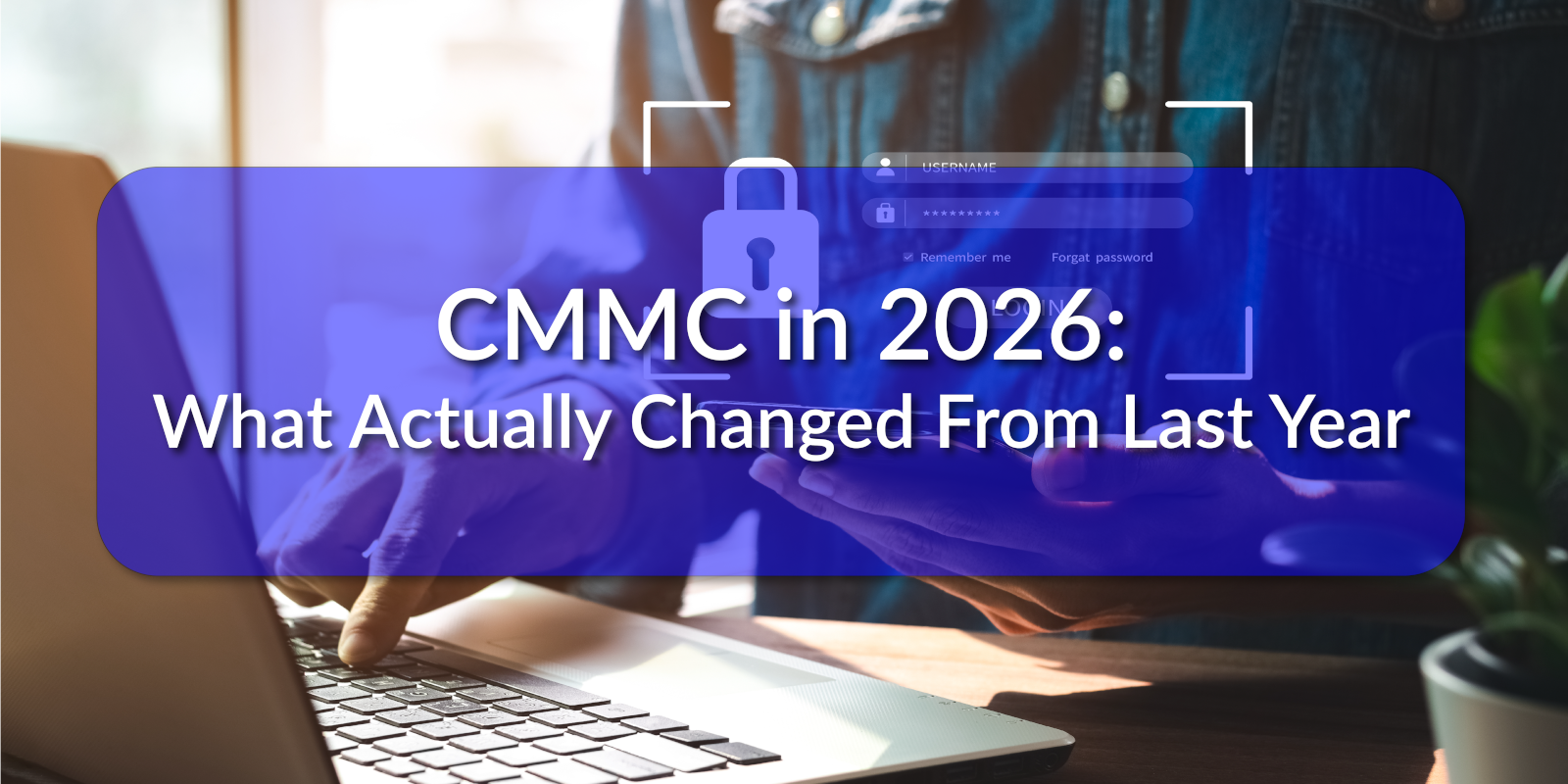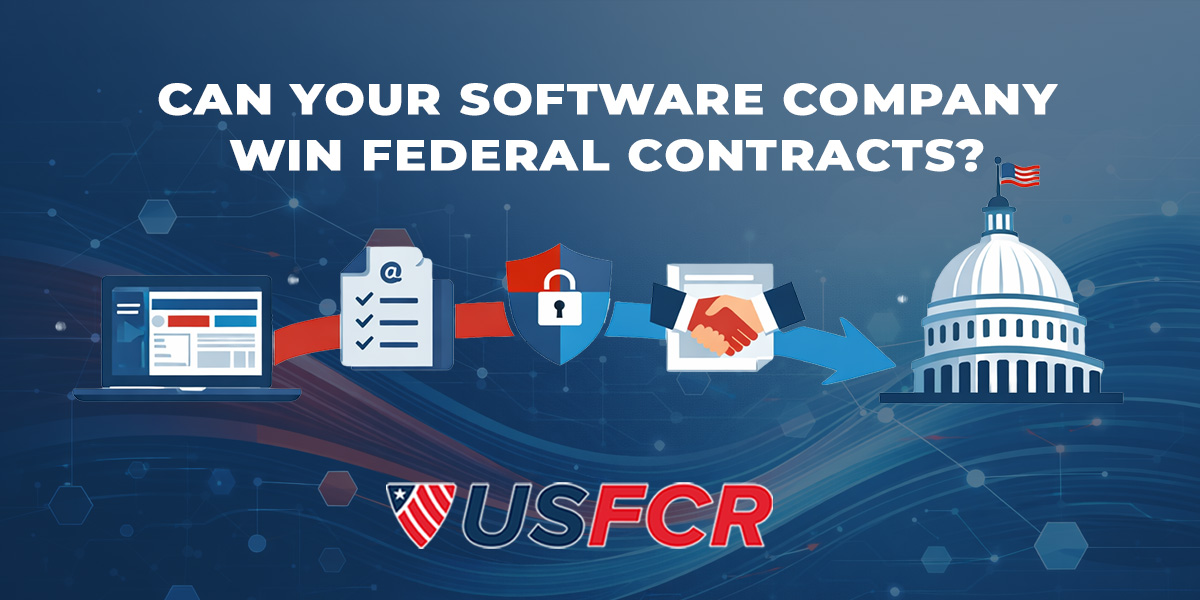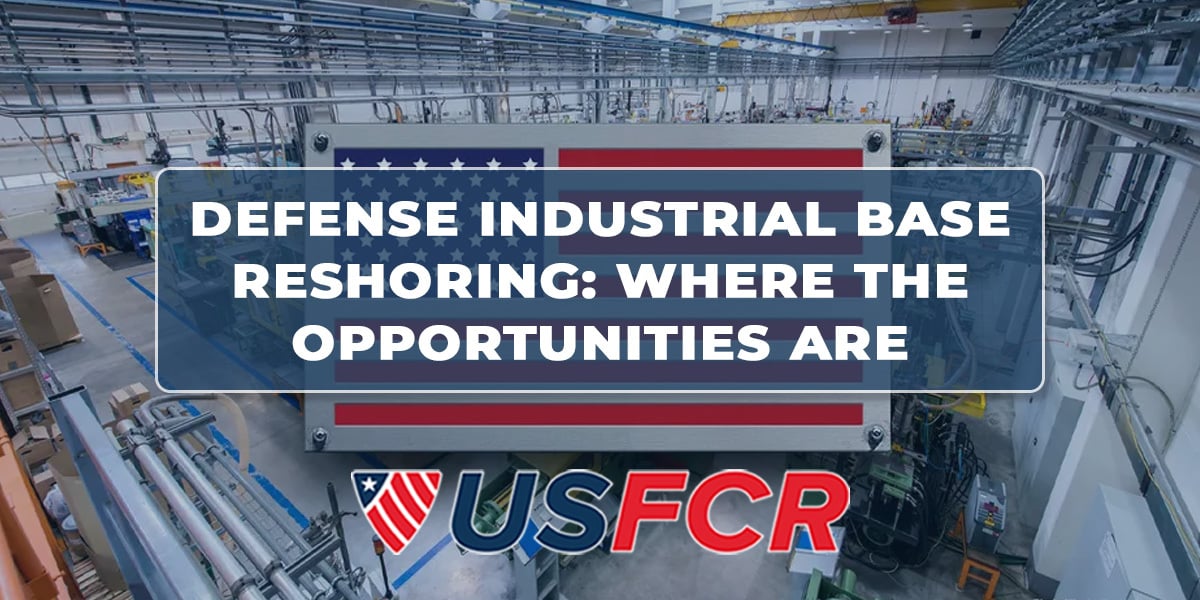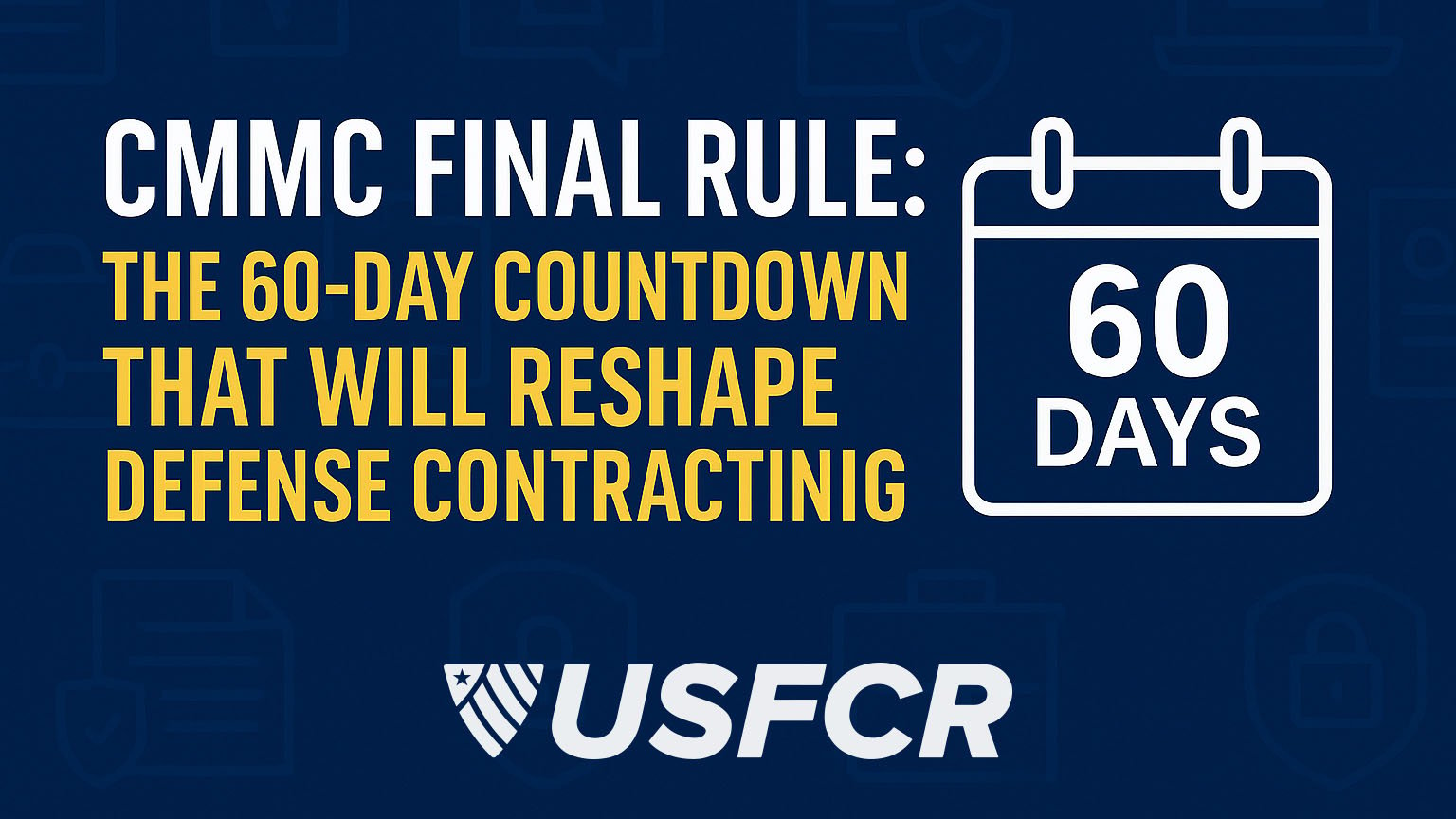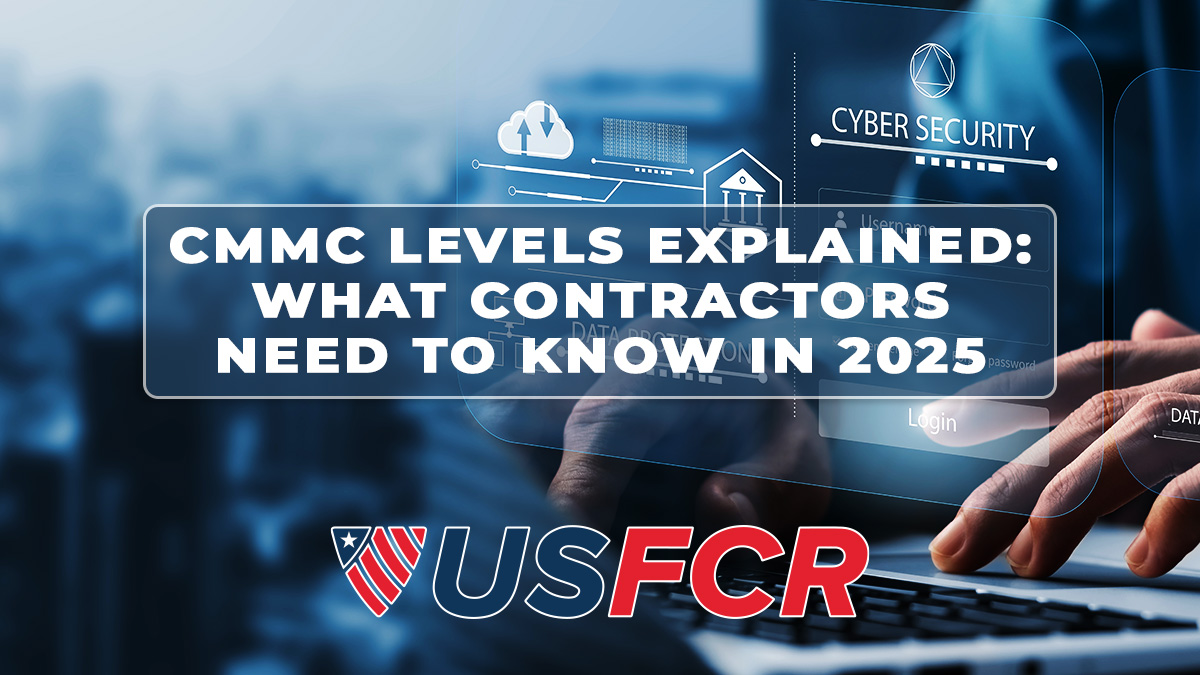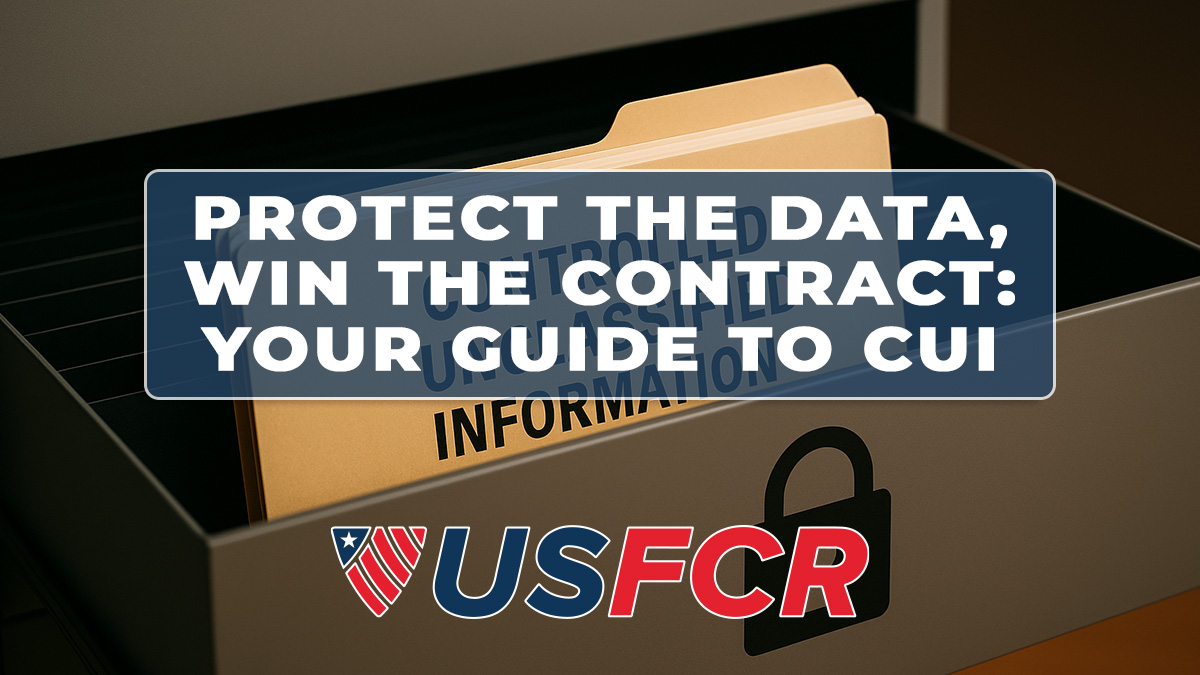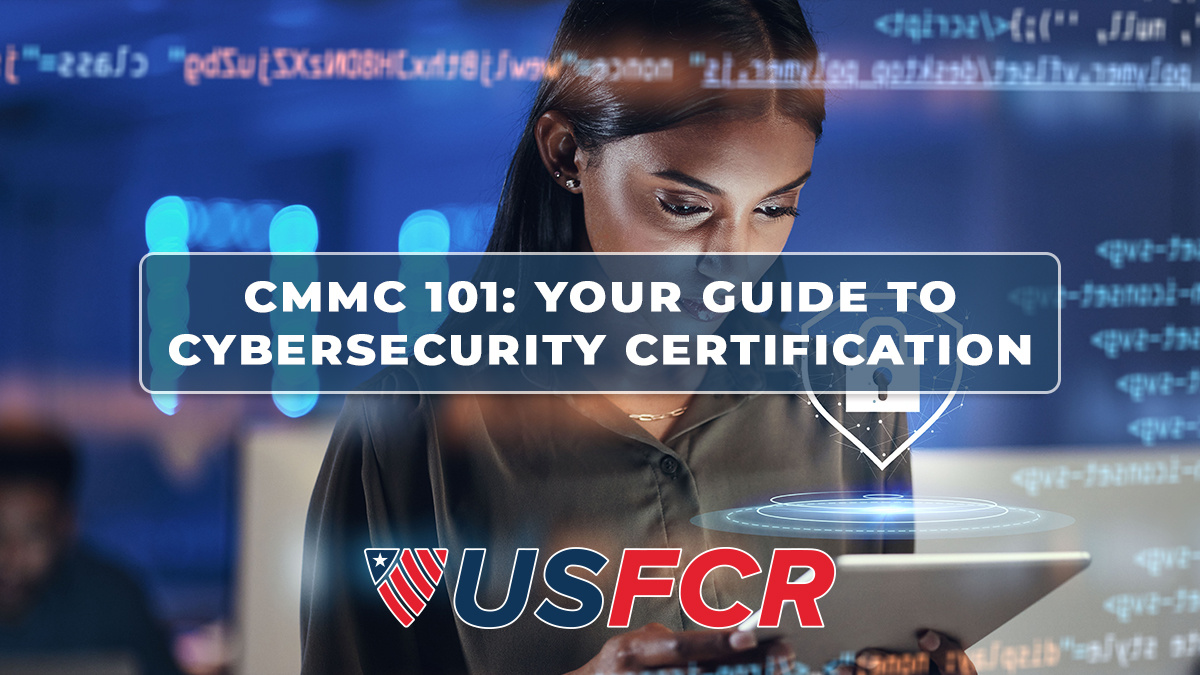A lot of teams treated 2025 like a warm-up lap. Policies were “final,” but awards didn’t consistently test readiness.
What Is CMMC and Why It Matters in 2025
The Cybersecurity Maturity Model Certification, or CMMC, is the Department of Defense’s framework for protecting sensitive information in the federal contracting space. Starting in October 2025, CMMC requirements will begin appearing in DoD solicitations. The rollout will occur in phases through 2028.
CMMC applies to both prime contractors and subcontractors that handle Federal Contract Information (FCI) or Controlled Unclassified Information (CUI). Even if it’s not yet written into your current contract, many prime contractors are already requesting proof of compliance or system readiness from their subs.
